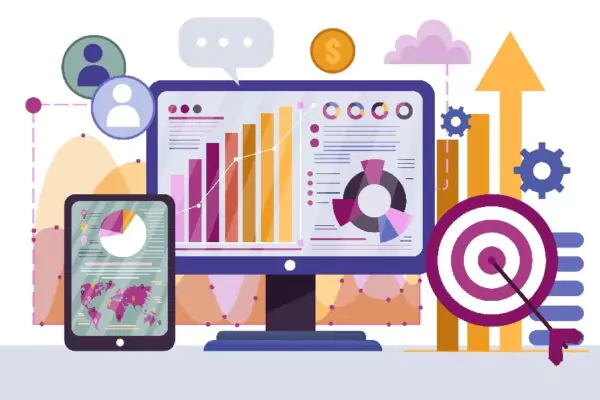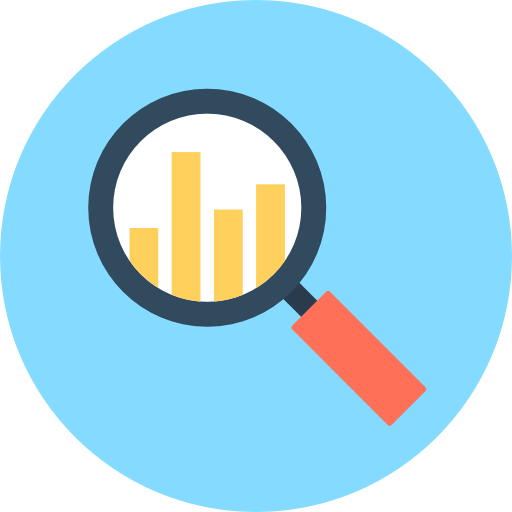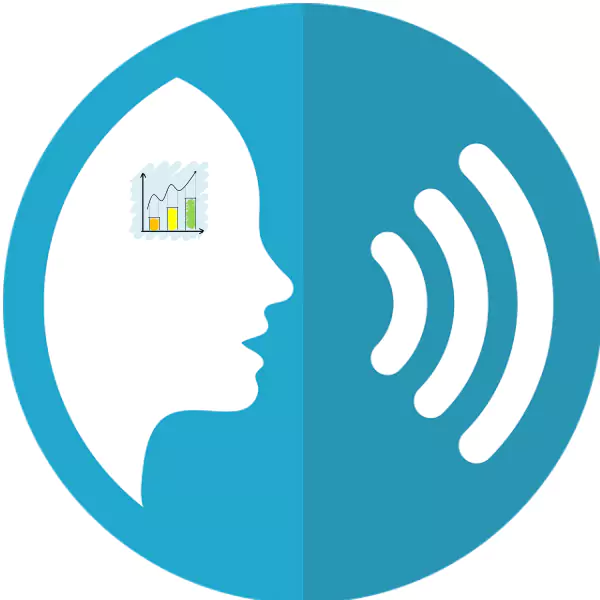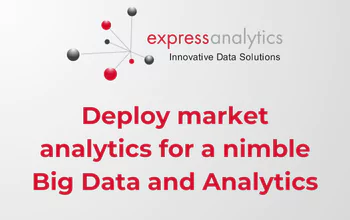Our marketers can find newer revenue opportunities by implementing enhanced digital solutions to entire marketing requirements, including acquisition, retention, and improvement via sales forecasting, product development, and competition analysis.
Marketing Analytics Services
Retain, engage, acquire, and succeed with marketing analytics

Increase your brand awareness with data-backed marketing analytics services
Strengthen your business and change marketing efforts with our marketing analytics consulting services.
Use our powerful analytics solutions to improve your marketing and deliver the right message to the right customer at the right time.

Product & Promotion Mix Analytics
- Promotional mix marketing lets businesses develop quickly and hook customers better.
- The EA’s marketing analytics solution enhances revenue by utilizing the principles of the 4 Ps: promotion, place, price, and product.
Channel Marketing Analytics
- Channel marketing analysis is conducted by businesses to know the impact of every marketing channel.
- Nevertheless, in the absence of channel analytics, risk operating blindly, incurring unnecessary expenses, or even more critically, overlooking valuable target audiences.
- Businesses that want to enhance the ROI on marketing investment must know how each and every channel affects the behaviors of their customers.


Predictive Analytics
- Predictive marketing analytics harnesses big data to predict future results.
- The Express Analytics predictive analytics integrates data mining, statistics, deep learning, and machine learning techniques to process and analyze big data sets for predictions.
- We coalesce scattered data together to bear upon a complex problem. Our predictive marketing analytics services and solutions provide the marketer with metrics to increase the possibility of success of campaigns.
- The use of our predictive scores in operational applications of enterprises such as CRM, POS, & call center applications improves the overall operational efficiency of an organization.
Don’t simply target customers, get the correct customers using our analytics solutions
Our Marketing Analytics Services
Marketing Analytics Solution
Who do we work with?
Our Marketing Analytics Process Include
Why Choose Express Analytics for Marketing Analytics Services?
When you buy any of our marketing analytics services, you are assured of getting detailed customer purchase insights.
Analyze the best marketing analytics vendors that offer the latest dashboards and predictive analytics.
Our marketing analytics consulting & solutions come with the following benefits:













